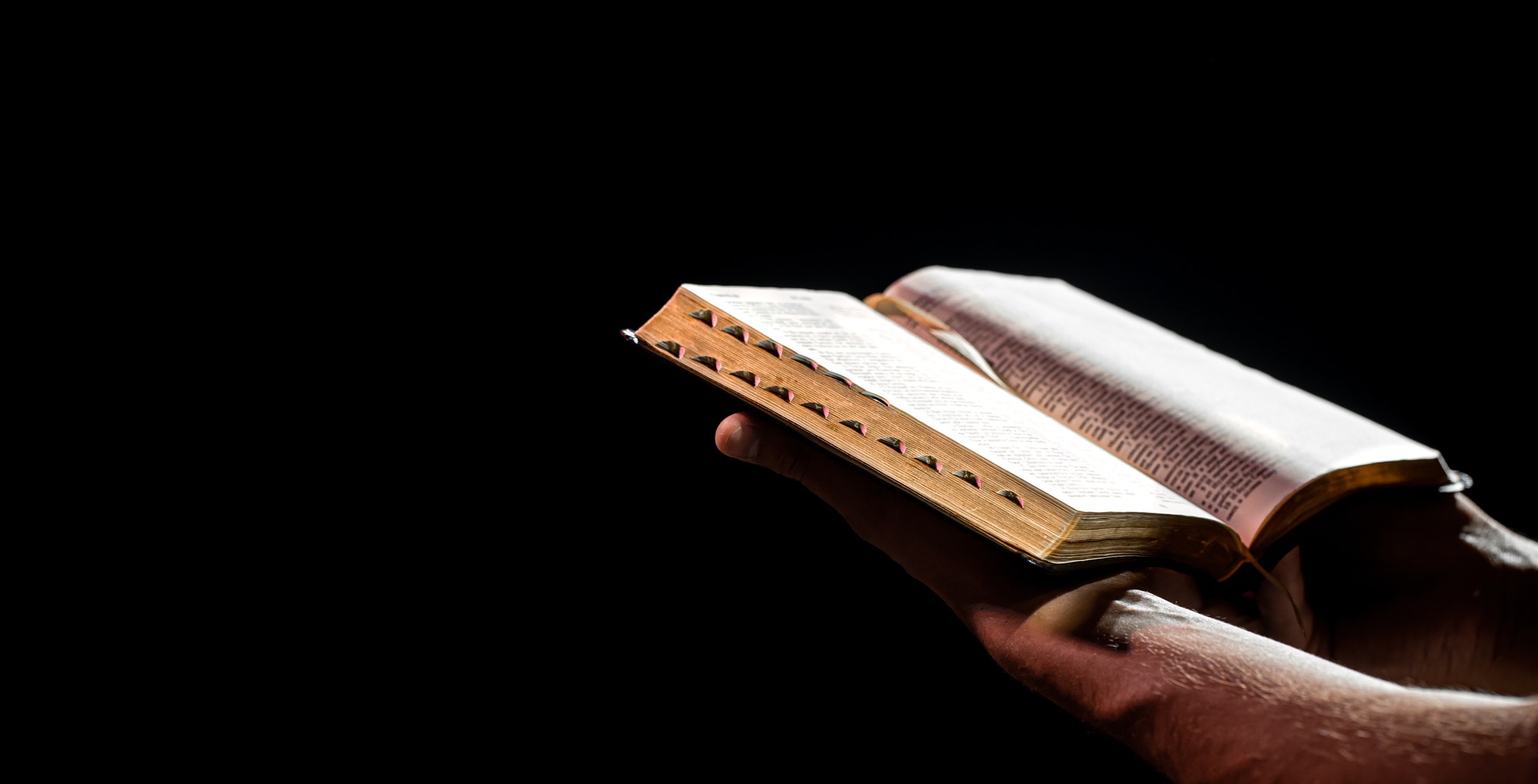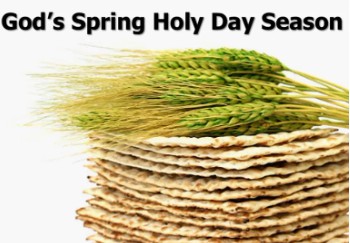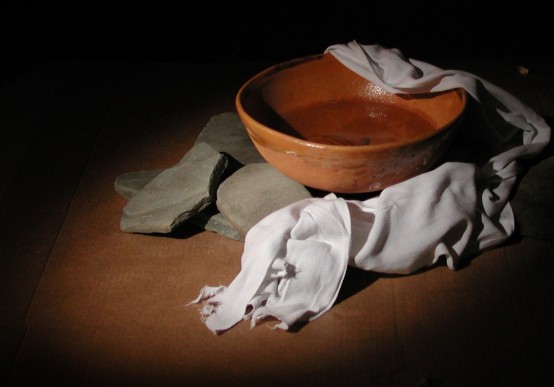I Corinthians 5:7-8
“Clean out the old leaven so that you may be a new lump, just as you are in fact unleavened. For Christ our Passover also has been sacrificed. Therefore let us celebrate the feast, not with old leaven, nor with the leaven of malice and wickedness, but with the unleavened bread of sincerity and truth.”
The purpose of keeping the Days of Unleavened Bread is to remind us of our need to remove sin from our lives. The Passover is a memorial of the death of Christ, who died for us that we may receive forgiveness of sins and the promise of eternal life. He shed his blood for our sins and saved us from the death penalty. It also calls to mind the New Covenant that we now have made with Him through His blood. Both of those aspects are brought to mind at the Passover. Leaven represents sin, and de-leavening our homes symbolizes purging sin from our lives. However, cleansing our lives of sin is a lifetime process that will not be completely fulfilled until we are resurrected and transformed into spirit. As long as we are still flesh and blood, we will never be absolutely perfect—we will never free ourselves completely and totally of sin. God wants us to observe the Days of Unleavened Bread year after year to remind us that we are not perfect and that our lives are a constant struggle against sin. The symbolism of putting sin out of our lives will not be completely fulfilled until we are born into the Kingdom of God and become like Him who cannot sin (I John 3:9).




